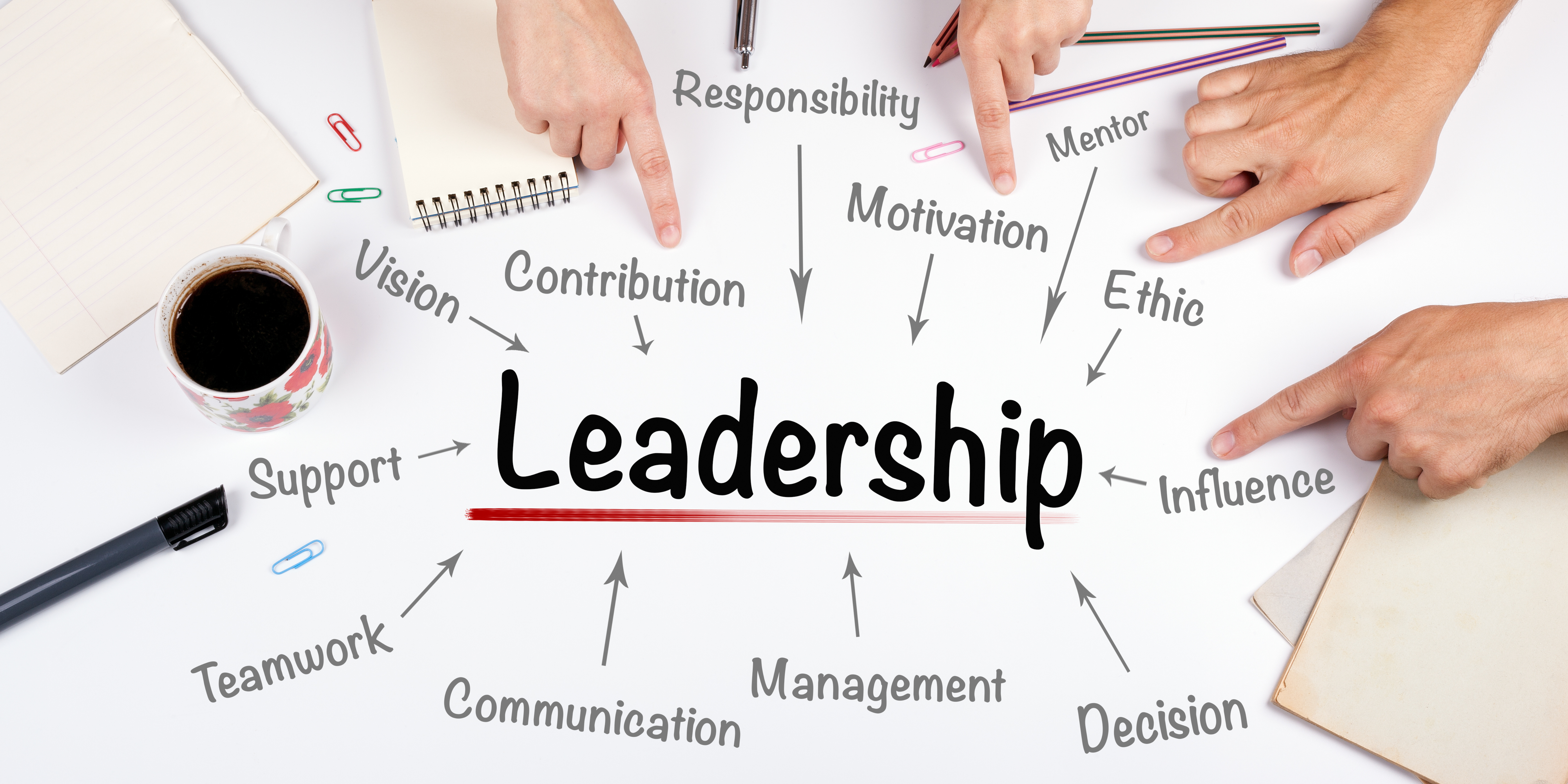Leadership and management development play pivotal roles in organisational growth, spanning from frontline supervisors to top executives. This article delves into the significance of leadership and management development, unravelling its core concepts and providing actionable strategies for cultivating effective leaders.
What is Leadership Development?
Leadership development is the ongoing process of refining key skills essential for effective leadership. It goes beyond job titles, concentrating on fostering the skills, mindset and behaviours necessary for effective leadership across all organisational tiers. Continuous growth in leadership capabilities is vital, regardless of one’s role — be it a team leader, department head or CEO.
The Fundamentals of Leadership
Leadership, fundamentally, involves understanding people’s motivations and utilising them to achieve shared goals. Effective leaders contribute to positive outcomes for individuals, teams, organisations, and communities. Key aspects of leadership include:
- Vision and Strategy: Leader’s craft a compelling vision for the future, aligning it with strategic goals and inspire others to work collaboratively towards it.
- Communication: Effective leaders communicate clearly, actively listen and cultivate open dialogue, fostering trust and collaboration.
- Decision-Making Leaders: make informed decisions, weighing short-term and long-term implications while balancing risks and rewards.
- Emotional Intelligence: Understanding emotions, both one’s own and others’, enables leaders to navigate complex interpersonal dynamics.
- Adaptability Leaders: adapt to changing circumstances, embrace innovation and learn from failures.
Approaches to Leadership Development
Organisations use diverse approaches to develop leaders:
- Formal Training Programmes: Structured workshops, seminars and courses covering strategic thinking, conflict resolution and team management.
- Coaching and Mentoring: Personalised guidance through one-on-one coaching or mentoring relationships, where experienced leaders share insights and lessons learned.
- Job Rotations: Exposure to different roles within the organisation broadens leaders’ perspectives and skill sets.
- Action Learning: Tackling real-world challenges, leaders apply knowledge to solve problems and drive organisational change.
- 360-Degree Feedback: Gathering feedback from peers, subordinates and superiors helps leaders understand strengths and areas for improvement.
Linking Leadership Development to Business Strategy
Effective leadership directly influences organisational success. Aligning leadership development with strategic goals involves:
- Identifying Leadership Competencies: Define competencies crucial for success and tailor development programmes accordingly.
- Succession Planning: Develop a pipeline of future leaders, identifying high-potential individuals and providing targeted development opportunities.
- Culture and Values: Ensure leadership development reinforces desired values and behaviours that shape organisational culture.
- Measuring Impact: Regularly assess the impact of leadership development initiatives in driving positive change and meeting business goals.
- Resilience and Change Management: Cultivate resilience and change management skills within leadership development, as leaders navigate dynamic and uncertain business environments.
- Technological Adaptation: Utilise online platforms for training, virtual coaching and digital tools that can facilitate continuous learning.
- Global Leadership Considerations: Address cross-cultural leadership skills and global business trends inline with the challenges and opportunities associated with developing leaders in a global context.
Challenges in Leadership Development
Despite its importance, leadership development encounters challenges:
- Time Constraints: Busy schedules hinder participation in development programmes.
- Resistance to Change: Some leaders resist new approaches or self-reflection.
- Balancing Technical and Leadership Skills: Leaders need both technical expertise and leadership abilities.
- Sustaining Momentum: Development is an ongoing process, needing sustained momentum.
- Diversity and Inclusion in Leadership: Promoting diversity and inclusion within leadership development programmes to ensure a broad range of perspectives and experiences.
Leadership and management development represent investments in an organisation’s future. By nurturing effective leaders, organisations positively affect their people, performance and overall success. Aspiring leaders should embrace continuous learning and growth, recognising that leadership is an ongoing journey of personal development.





